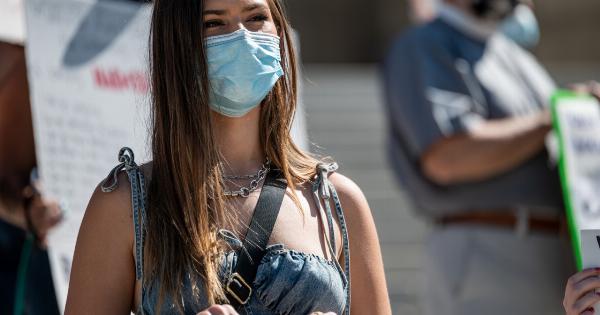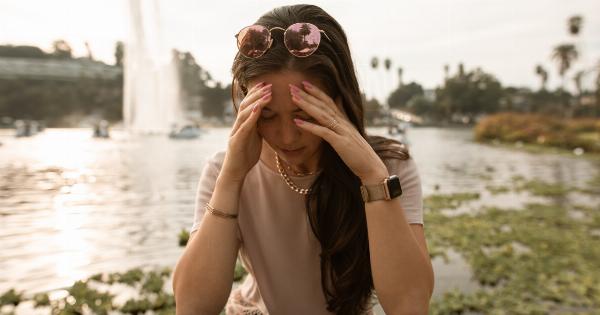Antidepressants are a type of medication used to treat depression and anxiety disorders. These medications are prescribed to help people manage their symptoms such as feelings of sadness, hopelessness, and lack of interest in daily activities.
However, new research suggests that antidepressants are more effective in treating anxiety than depression.
Depression and Anxiety
Depression and anxiety are two different but often intertwined mental health conditions that can have a significant impact on a person’s quality of life.
Depression is generally characterized by feelings of sadness, loss of interest, and low energy levels. Anxiety, on the other hand, is marked by excessive worry, fear, and apprehension. While depression and anxiety can occur separately, it is not uncommon for individuals to experience both conditions at once.
Antidepressants for Depression
Antidepressants are commonly prescribed to help people manage their depression symptoms.
These medications work by adjusting the levels of chemicals in the brain, such as serotonin and dopamine, which can improve mood and ease feelings of sadness and hopelessness.
Antidepressants usually take several weeks to start working, and the effectiveness of these medications can vary widely from person to person.
While some individuals experience significant improvements in their depression symptoms, others may see little to no difference. Additionally, antidepressants can come with a range of side effects, such as nausea, dizziness, and weight gain.
Antidepressants for Anxiety
While antidepressants are primarily used to treat depression, they are also effective in managing symptoms of anxiety disorders.
Research shows that antidepressants can help individuals with generalized anxiety disorder, panic disorder, social anxiety disorder, and other anxiety-related conditions.
The way that antidepressants work to manage anxiety is somewhat different than how they work to manage depression.
These medications can help regulate the level of neurotransmitters in the brain, such as serotonin and norepinephrine, which can help reduce anxiety symptoms such as worry, fear, and tension.
Types of Antidepressants
There are several types of antidepressants available on the market, and each works differently to manage symptoms of depression and anxiety. Common types of antidepressants include:.
- Selective serotonin reuptake inhibitors (SSRIs)
- Serotonin-norepinephrine reuptake inhibitors (SNRIs)
- Tricyclic antidepressants (TCAs)
- Monoamine oxidase inhibitors (MAOIs)
- Atypical antidepressants
The specific type of antidepressant prescribed will depend on the person’s symptoms, medical history, and other factors.
Effectiveness of Antidepressants for Anxiety vs. Depression
Recent research suggests that antidepressants may be more effective in treating anxiety than depression.
A study published in the Journal of the American Medical Association found that SSRIs were significantly more effective in reducing symptoms of anxiety than symptoms of depression.
Another study published in the Journal of Clinical Psychiatry found that SNRIs were more effective in managing symptoms of anxiety than depression.
The study involved over 1,000 adults with depression and anxiety, and participants who took an SNRI experienced greater improvements in their anxiety symptoms than those who took a placebo.
Side Effects of Antidepressants
Like any medication, antidepressants can have side effects. Common side effects of antidepressants include:.
- Nausea
- Dizziness
- Drowsiness
- Insomnia
- Weight gain
- Sweating
- Dry mouth
Most side effects are mild and go away on their own after a few weeks. However, some individuals may experience more severe side effects, such as suicidal thoughts or behavioral changes.
It is essential to talk to your doctor about any side effects you experience while taking antidepressants.
Conclusion
Antidepressants are a commonly prescribed class of medications used to manage symptoms of depression and anxiety.
While these medications can be effective in reducing symptoms of both conditions, recent research suggests that antidepressants may be more effective in treating anxiety than depression. If you are experiencing symptoms of depression or anxiety, talk to your doctor about the appropriate treatment options.




























